10 Most Common Flaws Chess Players Have
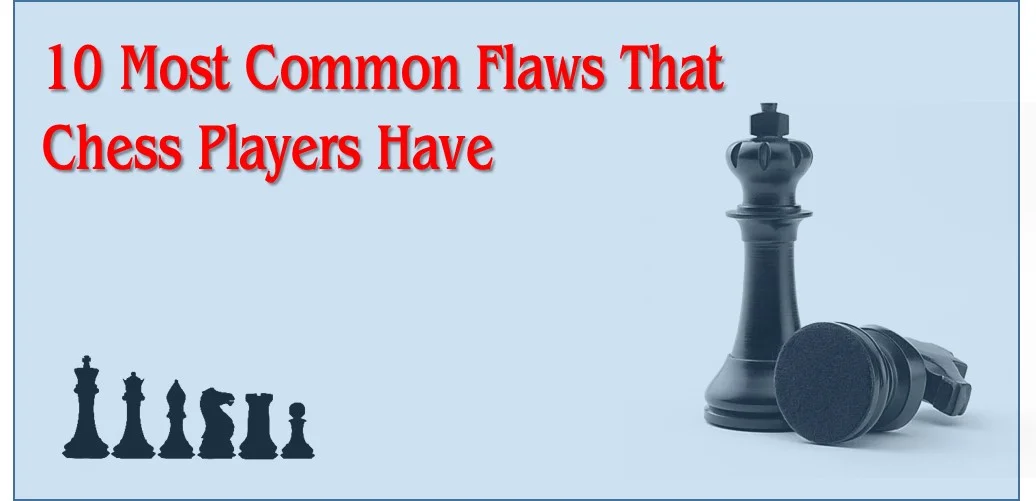
Previously we have talked about the most common problems that adult chess players are facing when they are trying to improve their game. Today we will explore this topic a little deeper. We will talk about the most common flaws that chess players of different strength levels have.
1. Calculation
Calculation ability seems to be a very big problem for many chess players. This includes both deep calculation of the main lines as well as exploring side lines for a certain variation and identifying the candidate moves.
That skill is especially tricky to work on because there are no guides exist that will show you how to go from being able to calculate 3 moves ahead to 5 or 7 moves ahead. There are methods that can help you to achieve that.
For example, one method involves solving tactics puzzles in your head, without moving the pieces. The other method has to do with evaluating practice positions and drawing conclusions about the final position. We explore both of these methods in greater detail in our training course.

2. Correctly evaluating the opponent’s counter-play
This is another common flaw that many chess players of different elo levels have. They get too involved with their own plans and ideas that they completely overlook the opponent’s response which often completely ruins the plan.
It is very important to be able to put yourself in your opponent’s shoes and to figure out how exactly would you go ahead and proceed in that position. Your goal is to find the most unpleasant move for yourself and try to prevent it from being played. You should never think that your opponent will not find the best move, etc. That is a too risky approach and will cost you many games once you start playing against stronger opponents.
3. Defensive play
It is no secret that playing defense in chess is much harder than to attack. You need to calculate deeper than you opponent, anticipate all of his threats and to be able to outsmart him if you want to win the game. If you take into account the pressure that comes with passive positions and a higher mistake cost, it becomes clear why no many players are able to save inferior positions.
4. Active learning
How do you actually practice your defensive skills? The only way to do that is to analyze the defensive play of stronger chess players, think about why certain moves were played, put yourself in their shoes and trying to find the correct solution to their problem (aka active learning). Then, you can take it a step further by playing inferior positions against your training partner or handicapped engines.
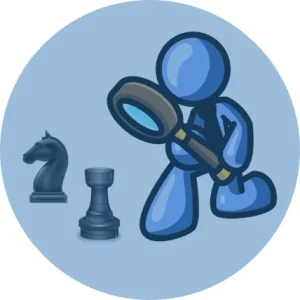
5. Positional understanding
This is probably one of the most underrated and difficult chess skills to master. Positional understanding involves much more than a simple calculation ability. It is the whole mindset that allows a chess player to understand in great detail what’s going on in a certain position that is lacking a clear tactical theme.
Positional understanding is closely related to planning of the game as dictated by the positional factors itself. Most under 2000 rated chess players do not have a sufficient positional understanding, and need to spend a lot of time to improve in this area.
That is a hard and exhausting job, but don’t worry. We can make it easier for you by providing you with 21 highly instructive, deeply analyzed and well annotated games that will teach you positional chess step-by-step for 3 weeks.
6. Tactics
I wrote many times already and will write once more that tactics is the most important skill to work on for all under 2200 rated chess players. It seems like it is one of the most straightforward elements of chess to work on. Just find tactical problems and solve it. It is not exactly true.
First of all, it is important to know what kind of tactics to solve. For best results you need to mix real game tactics, compositions and endgame studies to be able to progress in all phases of the game. What’s even more important, is to work on these things consistently. Not many players are able to do that on their own. They need a guidance of a chess coach or a good training course to stick to.
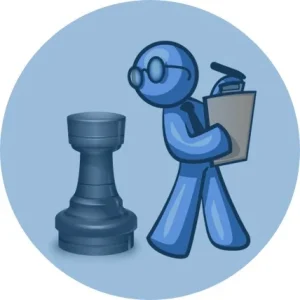
7. Chess intuition
Chess intuition is something that allows finding the right move in a complex position by avoiding conventional means of evaluation and calculation. Wouldn’t it be nice if you was able to do that all the time without spending your time on learning how to evaluate chess positions? Unfortunately, it does not work that way.
Only after mastering the fundamentals of positional evaluation and calculation skills, you can rely on your intuition to take a shortcut. The problem that many chess players have, is relying on their under-developed intuition too much without double checking the lines with analysis and raw calculation. That’s an easy way to lose games.
8. Planning of the game
Planning the game is something closely related to the positional understanding. Many novice chess players have problems in finding the correct middle game plan for one and one reason only. They do not fully understand what’s going on in the position well enough to come up with a good plan.
Therefore, in order to come up with a plan, a player needs to understand the position deep enough. The answer lies in training the positional understanding.
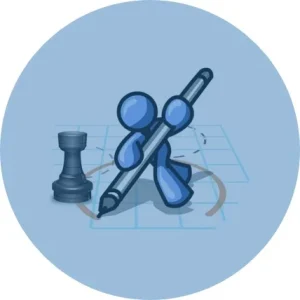
9. Time trouble
Time trouble is something that can immediately lose the game even if you’re the whole queen up. In order to avoid time trouble, a chess player needs to learn how to wisely spend your time.
10. Opening preparation
Opening preparation is no doubt an important element of chess. It starts playing a major role on the higher level of the game, where each tempo and a small weakness counts. For amateur players, a good opening preparation means that they are able to achieve a more or less equal position.

In order to be proficient at finding tactics such as forks, smothered mates, checkmates, pins, and skewers you need to solve problems on daily bases. If you are aiming for a serious progress, consistency is the key. Sure you may skip a day or two here and there, but the point is to work on tactics at least for20 minutes a day everyday.
Once you’re doing that, you should throw positional training, endgames training, and attacking training into the equation and the success is almost guaranteed for you! Things can be a little confusing though, but don’t worry we tried to make learning chess as easy as possible, by creating a step-by-step, day-by-day training program that will help to take your chess to the next level.



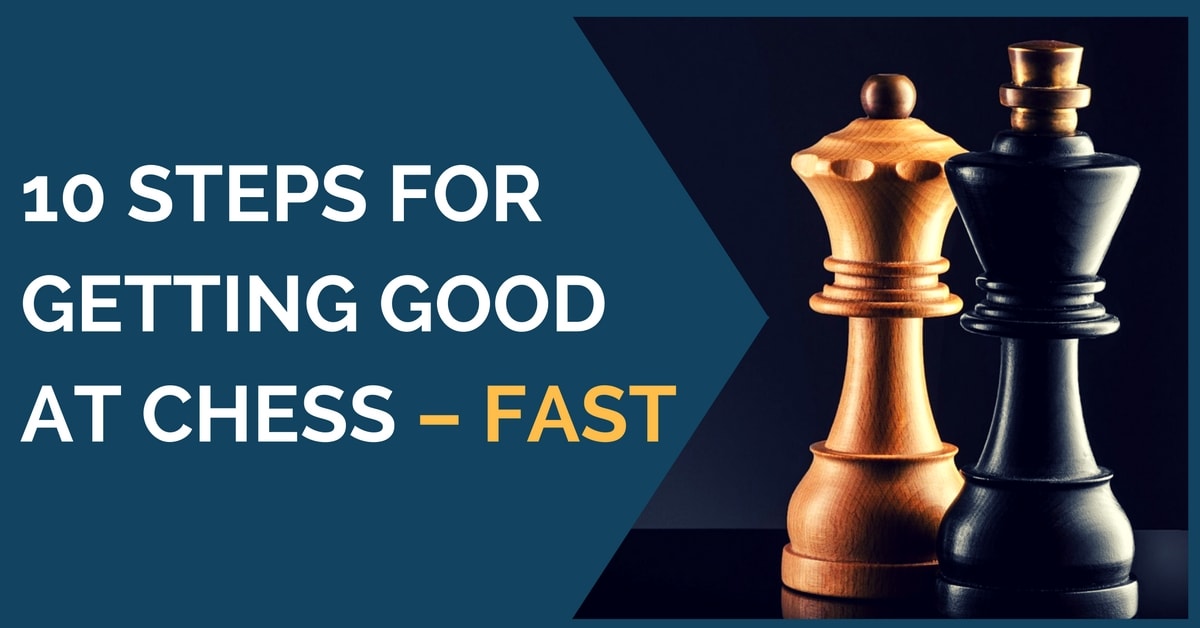
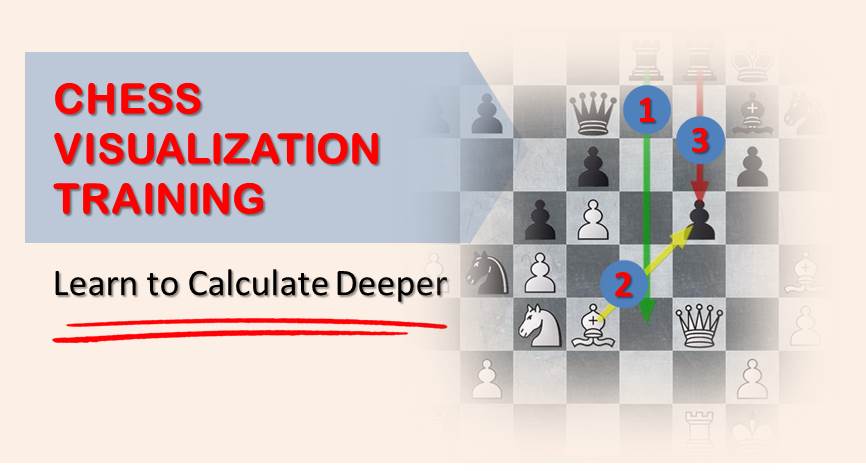
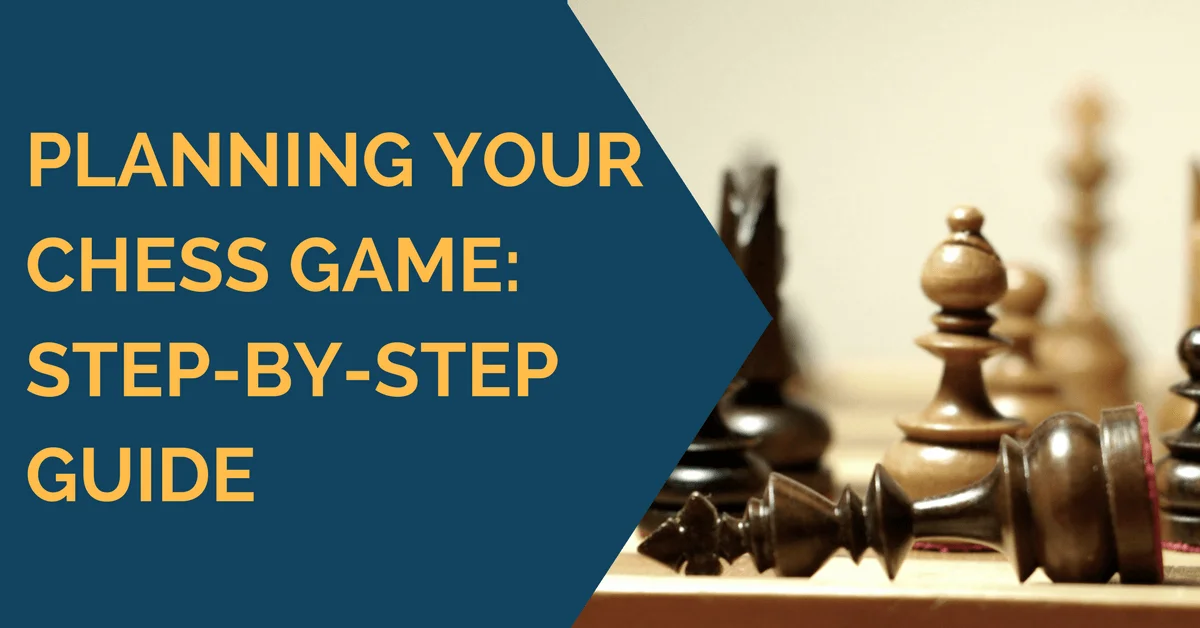




Comments: